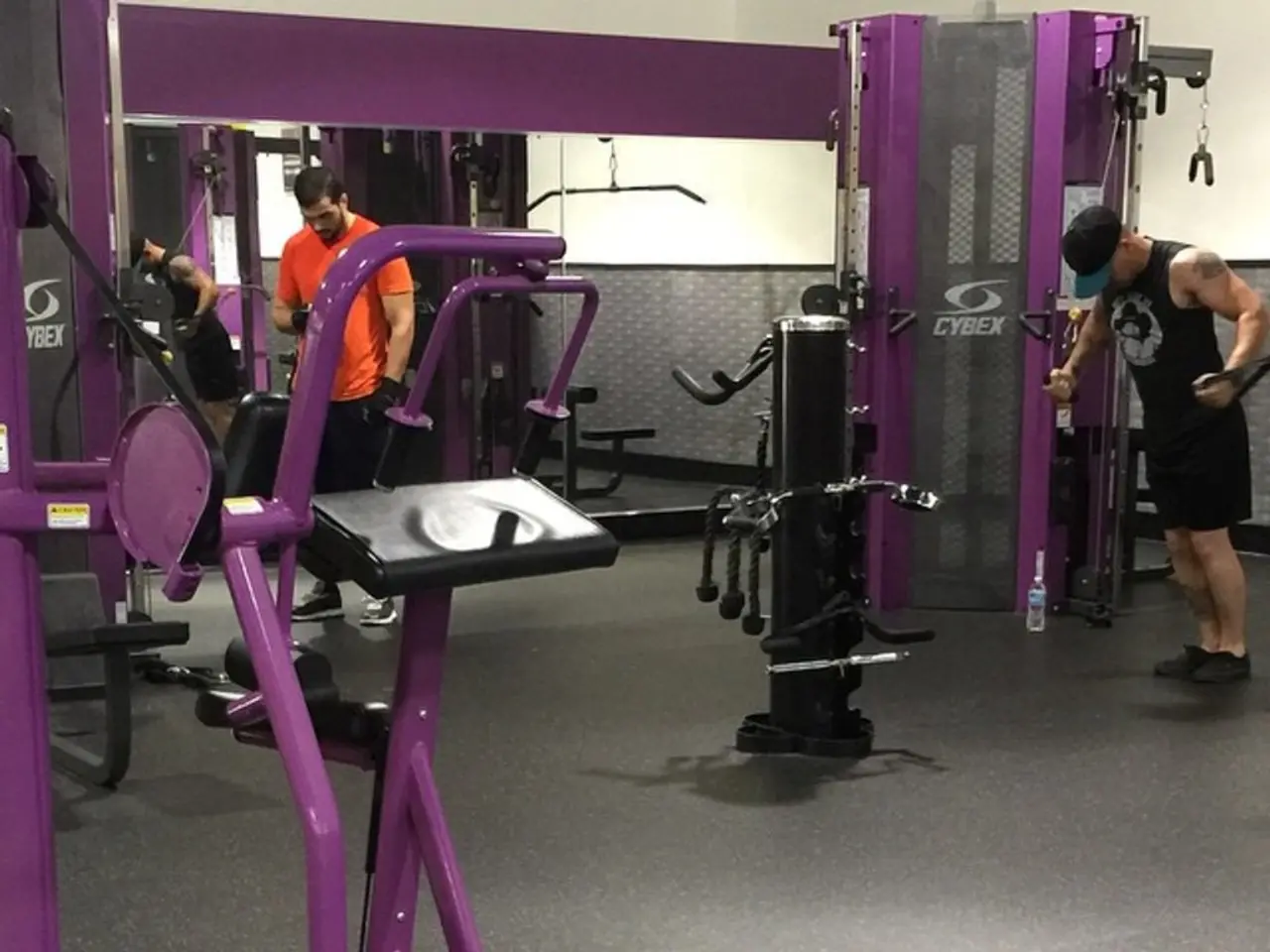Strengthening your physique and improving your strength is advised to align with your character traits, according to researchers' suggestions.
A groundbreaking study published in *Frontiers in Psychology* from University College London (UCL) has shed light on how an individual's personality can influence their choice of exercise and long-term commitment to fitness routines[1][2][4].
## Key Findings
The research, led by Dr. Flaminia Ronca, delved into the relationship between personality traits and preferred exercise types[1]. The study found that:
- **Extraversion:** Individuals high in extraversion showed a strong preference for high-intensity exercise and team sports. They enjoyed working out with others and were more likely to stick with group-based or competitive activities[1][3][4]. - **Neuroticism:** People with higher levels of neuroticism tended to prefer shorter, burst-like activities or private workouts with breaks, instead of prolonged, sustained sessions. Interestingly, after the intervention, these individuals experienced a significant reduction in stress levels[1][3][2]. - **Conscientiousness:** Those scoring high in conscientiousness were more likely to have greater general fitness and to engage in more weekly hours of physical activity. This trait predicted better baseline fitness and higher participation in regular exercise[2][3]. - **Openness:** Individuals with high openness engaged in exercise regardless of their specific enjoyment, suggesting a broader willingness to try different activities. They were less influenced by the intensity or social aspect[3]. - **Agreeableness:** While less emphasized, agreeableness may also play a role in group dynamics and cooperative activities, but the main focus of the research was on the above traits[1][4].
## Psychological Personalization and Impact
The study concluded that matching exercise types to personality traits could boost enjoyment, adherence, and fitness outcomes. For example, recommending high-intensity group activities to extroverts and short, flexible workouts to those with higher neuroticism may lead to better engagement and health benefits[4][3][2].
> “We found clear connections between personality traits and preferred exercise types, suggesting potential pathways for tailoring physical activity recommendations to suit individual preferences,” said Dr. Ronca[1].
This approach can help individuals not only enjoy their workouts more but also see greater improvements in fitness and stress reduction by aligning with their innate personality inclinations[2][3][4].
The research was conducted by scientists based at University College London. It's worth noting that the study did not specify the nature of the intervention that caused the reduction in stress levels for those with high neuroticism scores.
Participants were divided into two groups for the study: one continued with their usual lifestyle, while the other followed an 8-week fitness plan that included cycling and strength training. Participants who scored highly on neuroticism showed a strong reduction in stress levels after the intervention. Each participant was given a score based on their level of neuroticism, often associated with negative emotions like anxiety and self-doubt.
In conclusion, understanding the connection between personality and exercise can pave the way for more personalized fitness recommendations, leading to increased enjoyment, adherence, and overall wellbeing.
- By aligning exercise recommendations with an individual's personality traits, such as recommending high-intensity group activities for extroverts and short, flexible workouts for those with higher neuroticism, there may be a boost in enjoyment, adherence, and fitness outcomes in the realm of health-and-wellness.
- A comprehensive approach to education-and-self-development could involve incorporating knowledge of personality traits, specifically openness, as individuals with high openness may be more willing to try different types of exercise, fostering personal-growth and broader engagement in fitness activities.
- The study in Frontiers in Psychology emphasizes the importance of considering mental-health in exercise recommendations. For instance, individuals with high neuroticism scores may experience significant reductions in stress levels by following a structured fitness program, underscoring the connection between personal-growth and mental well-being through fitness-and-exercise.




